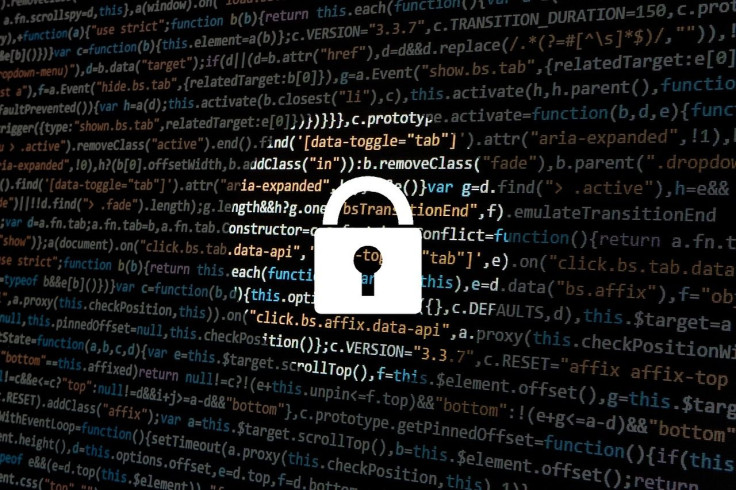High-Speed Quantum Encryption Could Secure Your Online Information From Hackers

Quantum Computing could give hackers the tools required to carry-out tough hacks and even bypass the most stringent security measures designed to keep infiltrations out.
Information is integral for online interactions and transactions. Most websites require us to provide a range of personal details based on what we are signing up for. Bank websites and Hospitals have a very highly guarded data storage because of the sensitive nature of the information they hold.
Information passed around the web during interactions are heavily guarded but still are accessed by hackers worldwide. Data leaks and hacks of famous websites always cause uproar. Scientists are looking to better the data transfer to improve security for sensitive data that could be accessed unethically. In their latest effort, they are looking to use quantum computing to shield your data.
Now, Scientists from Duke University, the Ohio State University (OSU) and Oak Ridge National Laboratory have said that improvements in quantum computing would give them more power to crack open existing encryption systems.
The team designed a system that can create and spread encryption codes at megabit-per-second rates, which is five to 10 times faster than existing methods. They established these speeds with several systems running parallel to each other and still matched current internet data transfer speeds. They are looking to use properties of quantum computers to create theoretically hack-proof forms of quantum data encryption.
"We are now likely to have a functioning quantum computer that might be able to start breaking the existing cryptographic codes in the near future," said Daniel Gauthier, a professor of physics at the Ohio State University in an official press release of the study. "We really need to be thinking hard now of different techniques that we could use for trying to secure the internet."
The model created by the team demonstrates that the technique they developed is secure from common attacks.
All sensitive data online is encrypted. If anyone unauthorized tries to access such data, it displays a series of gibberish text. Any data transaction on the web is first scrambled using an encryption key that uses a particular pattern to jumble the data which is then straightened out again using the same key where the data is received.
The problem with this method is that the rate of transmission of the keys are very slow — between tens to hundreds of kilobits per second — which cannot support even basic functions on the internet, said Nurul Taimur Islam, a graduate student in physics at Duke, in the report.
Usual encoding methods use a weakened laser to put the information on individual photons of light that are present in the laser. This techniques is used in all data storage techniques including DVD and Blu-ray discs. Now, the team adjusted the time when these photons were released to accept information.
This property known as the phase of the photon helped the team encode two bits of information per photon instead of one. This, when paired with another high-speed receiver powers their system to transmit keys five to 10 times faster than existing methods.
"It was changing these additional properties of the photon that allowed us to almost double the secure key rate that we were able to obtain if we hadn't done that," said Gauthier, who worked at Duke and OSU, in the report.
But, this will remain airtight to attacks only in a situation where there are no flaws in technology. Any little flaw in the equipment could open up the pathway for hackers. That is what is alarming about using quantum computing to encrypt information. There are always flaws in the equipment and it could be exploited to gain access to the encryption code.
"At these rates, quantum-secure encryption systems cannot support some basic daily tasks, such as hosting an encrypted telephone call or video streaming," Islam added.
"We wanted to identify every experimental flaw in the system, and include these flaws in the theory so that we could ensure our system is secure and there is no potential side-channel attack," Islam said.
The study was published on 24 Nov. in the journal Science Advances.
© Copyright IBTimes 2024. All rights reserved.



















